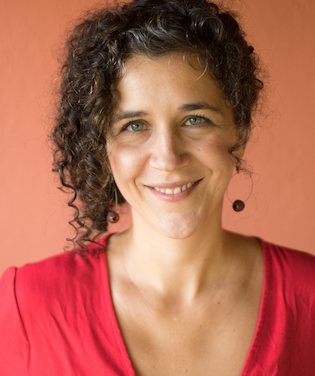Belo Horizonte, Brazil has gained global recognition for its success in food security, climate change adaptation and mitigation measures, participatory budgeting and revitalization of informal settlements through the Vila Viva program. These policies and programs were defined as part of broader and more structural participatory processes that not only contributed to the definition of the policy objectives but also to their development and sustainability over time.
The city’s work on food security policies demonstrates its leadership in participatory policy-making. The early 1990s was a time of social mobilization against hunger and poverty in Brazil, leading to the election of the Partido dos Trabalhadores (Workers’ Party) in Belo Horizonte. High prices and poor access to food were causing food insecurity for the city’s approximately two million citizens.
Belo Horizonte is now described as “a world pioneer in governance for food security” after the 1993 Municipal Law established a commitment to the concept of food sovereignty: “the right of peoples to define their own food and agricultural policies, to protect and regulate their production and trade in such a manner as to secure sustainable development, to determine the degree of their autonomy and to eliminate dumping on their markets” (futurepolicy.org.). A social movement for ethics in politics mobilized up to 30 million people.
Another example is the community participation in the Vila Viva urban transformation program, which is credited with significantly improved outcomes for residents, including reduced homicide rates and improved access to utilities.
Partners

Elis Borde, Assistant Professor in the Faculty of Medicine, Federal University of Minas Gerais Brazil (UFMG) and research in the Observatory for Urban Health (OSUBH-UFMG). Borde holds a doctorate in public health from the National University of Colombia, a master’s degree in public health from the Brazilian National School of Public Health (ENSP/FIOCRUZ) and a BSc in European Public Health from Maastricht University (Netherlands) and additionally trained in postcolonial studies (CLACSO) and geography in her PhD. Her research focuses on urban violence, global health, social determinants of health and health inequities, using qualitative and participatory methods.

Waleska Teixeira Caiaffa, Director Observatory for Urban Health (OSUBH-UFMG) and Visiting Professor at the Federal University of Minas Gerais Brazil (UFMG). After training as a pediatrician, Caiaffa specialized in public health at Bloomberg Johns Hopkins School of Public Health (master and post-doctoral) and at the UFMG (doctoral degree). She served as a full professor of Epidemiology and Public Health, School of Medicine, UFMG, where currently, she is a visiting professor. Caiaffa founded the OSUBH-UFMG in 2002 and is the director. Throughout her career, she has maintained links to national and international groups on urban health involving research and training initiatives and collaborated with global urban health expert groups, such as serving on the board of the International Society for Urban Health (ISUH) from 2007-14 and as president from 2011-14.
Brazil’s Landless Workers Movement, Movimento dos Trabalhadores Rurais Sem Terra (MST) in Portuguese, is a mass social movement that emerged in 1984 and is formed by rural workers and by all those who want to fight for land reform and against injustice and social inequality. MST fights for agrarian reform and social justice. In addition to occupying latifundios (large landholdings) for sustainable agricultural production in rural areas, more recently, the movement has assumed an important role in promoting food security in urban areas. Through the Solidarity Kitchens, the movement provides free and nutritious meals to vulnerable populations, combating hunger in cities and strengthening solidarity between rural and urban communities.
O Movimento de Luta nos Bairros, Vilas e Favelas (MLB) is a social movement advocating for urban reform and human rights that has played an active role in promoting food justice and fair housing policies.